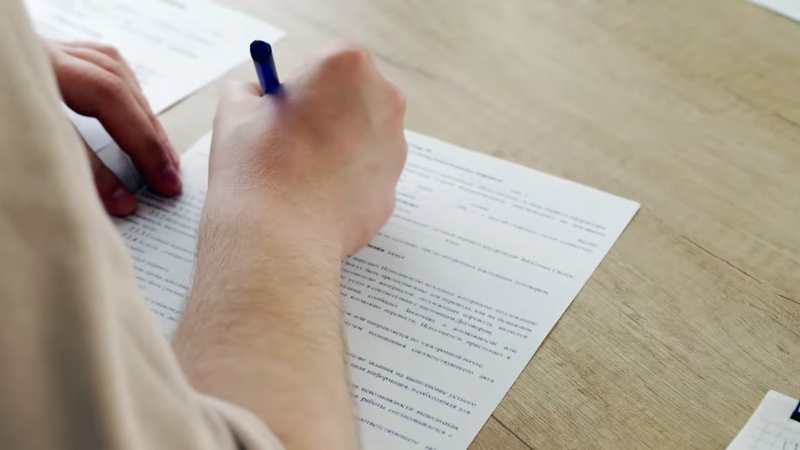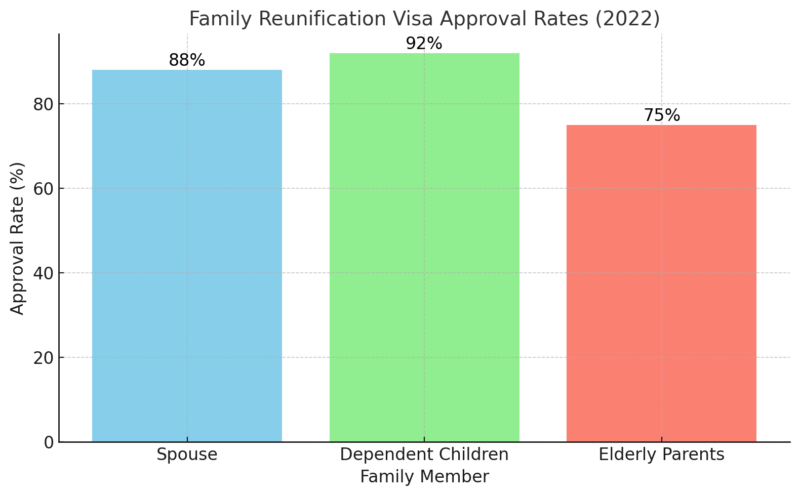If you’re thinking about moving to Portugal, one of the first steps is figuring out which visa is right for your situation.
Portugal offers several options depending on how long you plan to stay and what you plan to do while you’re there—whether it’s working, studying, or just living off savings or investments.
This guide breaks down the most common visa options, including their requirements, fees, and other essential details.
With the right information, you can choose the visa that works best for you and start planning your move with confidence.
1. Schengen Short-Stay Visa
View this post on Instagram
The Schengen Short-Stay Visa is your gateway to Portugal if you plan on staying for 90 days or less. Whether it’s for tourism, business, or family visits, this visa lets you explore Portugal and other Schengen countries without hassle.
Requirements and Stats
Requirement
Details
Purpose
Tourism, family visits, business
Validity
Up to 90 days in a 180-day period
Visa Fee
€80 for adults, €40 for minors
Applications (2023)
207,654 received, 84% approval rate
Minimum Insurance Cover
€30,000
In 2023, Portugal processed over 200,000 Schengen visa applications, demonstrating its popularity as a destination. The approval rate of 84% highlights the importance of submitting a thorough and accurate application.
2. Temporary Stay Visa
If your plans involve a stay longer than three months but under a year, the Temporary Stay Visa is ideal. This option is popular among freelancers, seasonal workers, and students attending short-term courses.
Factor
Details
Validity
Up to 1 year, renewable
Main Purpose
Seasonal work, short-term education, research
Fee
Approximately €90
Processing Time
60 days
This visa allows for multiple entries, giving you flexibility. Applications are assessed based on your purpose, proof of financial means, and housing arrangements.
3. Residency Visa (Type D) – For Long-Term Settlers
Planning to stay in Portugal for over a year? The Residency Visa (Type D) is your starting point. It’s not just a visa; it’s your ticket to applying for a residence permit, which grants extended stay rights.
Criterion
Details
Validity
4 months (entry visa)
Purpose
Work, family reunification, entrepreneurship
Application Fee
€90 for the visa, €158 for residence permit
Family Reunification
Allowed with supporting documents
Once you enter Portugal, you must contact the SEF (Serviço de Estrangeiros e Fronteiras) to finalize your residence permit. This pathway suits professionals, families, and entrepreneurs alike.
4. D7 Visa – Ideal for Passive Income Earners
The D7 Visa is often called the “Retirement Visa,” but it’s also perfect for anyone with a stable passive income. Whether from pensions, rental income, or investments, this visa gives you the chance to settle in Portugal without having to work locally.
Income Requirements
Household Member
Minimum Annual Income
Single Applicant
€9,870
Spouse
Additional 50% of the main income (€4,935)
Each Dependent Child
Additional 30% (€2,961)
In addition to meeting these financial requirements, you’ll need proof of accommodation and a clean criminal record. Over the past five years, the D7 Visa has seen a 60% increase in applications, reflecting its popularity among retirees and digital nomads.
5. D2 Visa
The Portugal D2 Visa allows non-EU to gain residency in Portugal. As a local company, Mátria co-working development is eligible for the D2 Visa application. The project is in central Lisbon and offers a modern workspace. Discover a gateway to a prosperous future in Portugal.
— Portugal Homes (@pthomeslisbon) October 31, 2024
The D2 Visa is for the movers and shakers—entrepreneurs, freelancers, and independent service providers who want to establish themselves in Portugal. This option is particularly appealing for its focus on innovation and business potential.
Requirement
Details
Minimum Investment
€5,000–€50,000 depending on the business
Business Plan
Mandatory, must show economic viability
Processing Time
60–90 days
Family Reunification
Allowed
Portugal’s growing startup ecosystem, particularly in cities like Lisbon and Porto, makes the D2 Visa a lucrative choice for entrepreneurs.
6. D8 Visa For Digital Nomads
@caracelestewest Replying to @Lindsey Latham We were there as tourists but planning to apply for the D8 digital nomad visa #digitalnomadvisa #digitalnomad #movingtoportugal #movingabroad ♬ Chillout Lofi Hip Hop F(884707) – musicabeats
Launched in 2022, the D8 Visa caters specifically to digital nomads and remote workers. If you’re employed by a foreign company or have freelance clients abroad, this visa might be your ticket.
Criterion
Details
Minimum Income
€3,040/month (4x Portuguese minimum wage)
Contract Proof
Remote work agreements or client contracts
Validity
1 year, renewable
Portugal’s friendly tax policies and beautiful landscapes have made it a global hub for remote workers. Applications for the D8 Visa surged by 120% in its first year.
7. Student Visa

If studying in Portugal is on your agenda, the Student Visa will let you reside legally for the duration of your education. Portugal’s universities offer programs in diverse fields, attracting international students worldwide.
Factor
Details
Tuition Fees
€3,000–€7,000 annually for international students
Visa Validity
Length of the study program
Part-Time Work
Allowed up to 20 hours per week
Portugal’s low cost of living and high-quality education make it a magnet for international students, with over 50,000 students enrolled in 2023.
8. Family Reunification Visa
For those with family legally residing in Portugal, the Family Reunification Visa allows close relatives to join them. This visa promotes family unity and facilitates easier integration.
Application Stats

Applications require proof of relationship, financial support from the primary resident, and proof of accommodation.
9. Golden Visa – Investment-Led Residency
The Golden Visa was once Portugal’s most lucrative option for high-net-worth individuals, granting residency in exchange for investment. Although terminated in October 2023, its legacy remains noteworthy.
Former Investment Routes
Investment Type
Minimum Amount
Real Estate
€280,000–€500,000
Capital Transfer
€1,500,000
Job Creation
10 jobs
By its end, the Golden Visa had attracted €7.3 billion in foreign investment.
10. Work Visa (D1)
View this post on Instagram
If you’ve secured a job in Portugal, the D1 Visa is the most straightforward route. It’s designed for individuals with employment contracts and meets the country’s labor market needs.
Salary Benchmark
Minimum Wage in Portugal (2023)
Skilled Worker
€1,200/month (higher in specific sectors)
Regular Worker
€760/month
With Portugal’s growing industries in tech, tourism, and renewable energy, work visas have seen a steady rise in applications.

